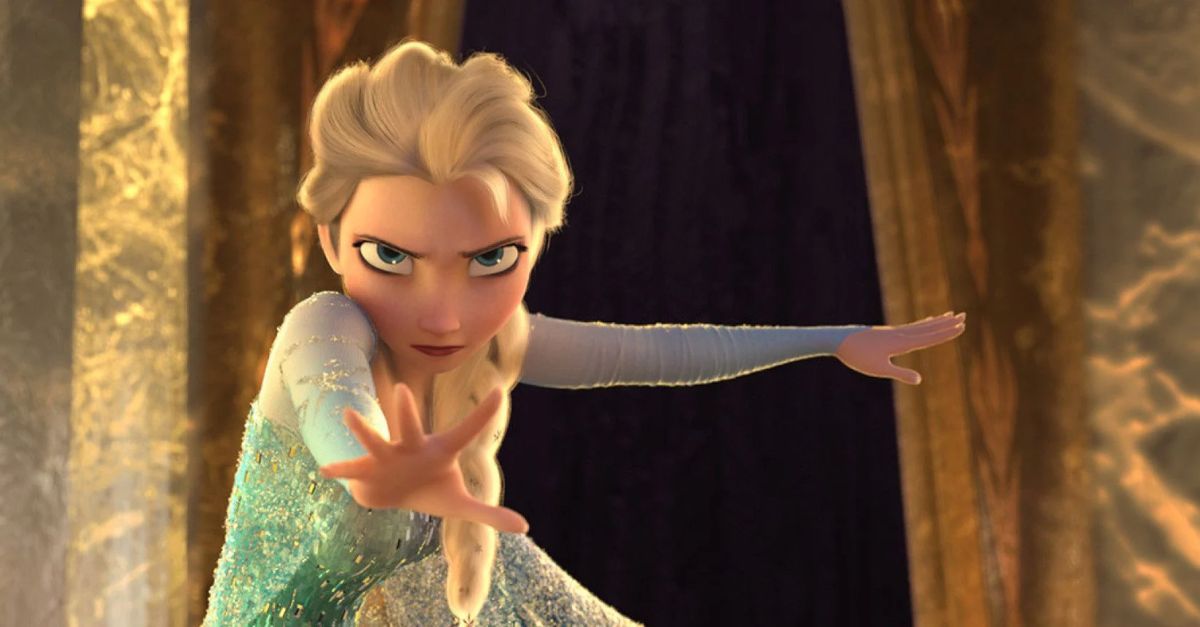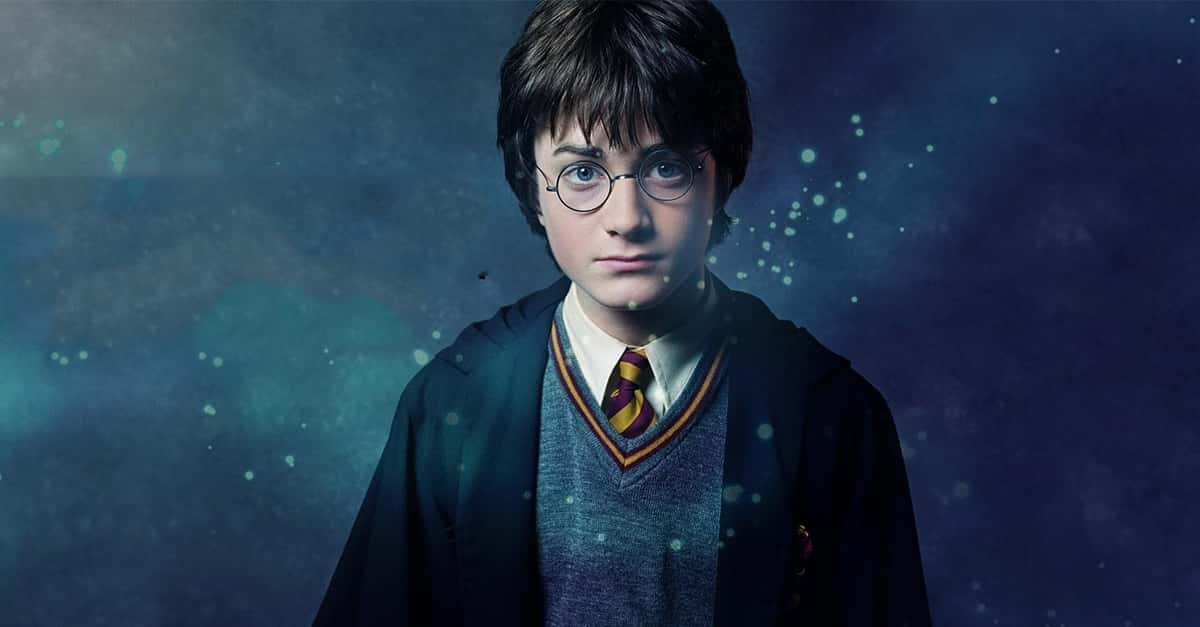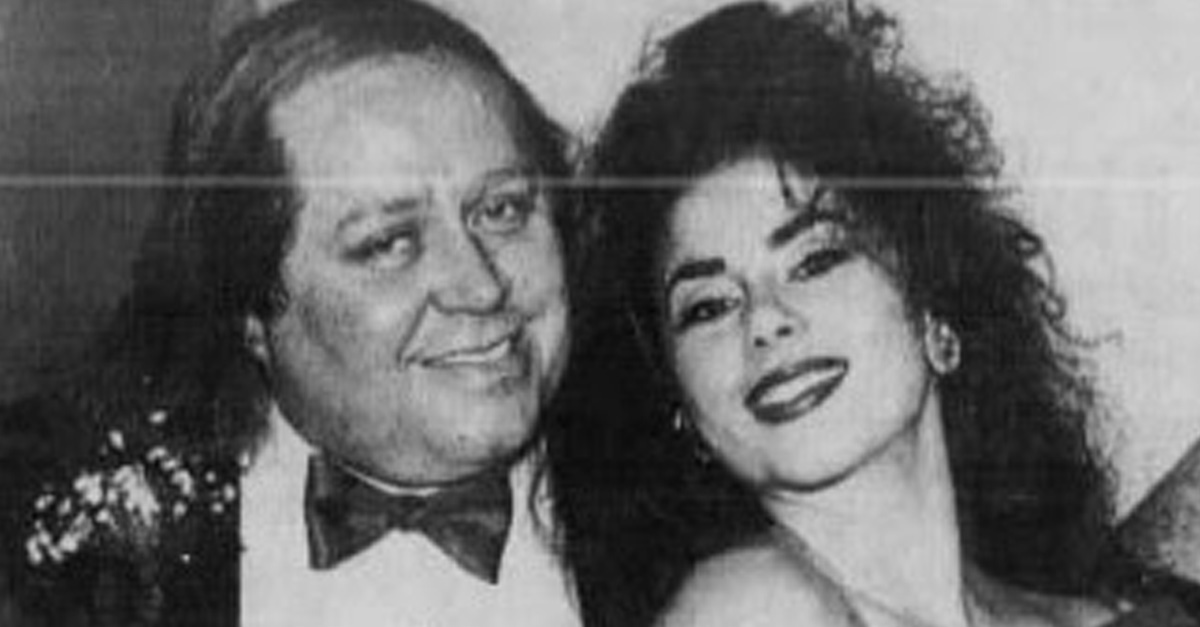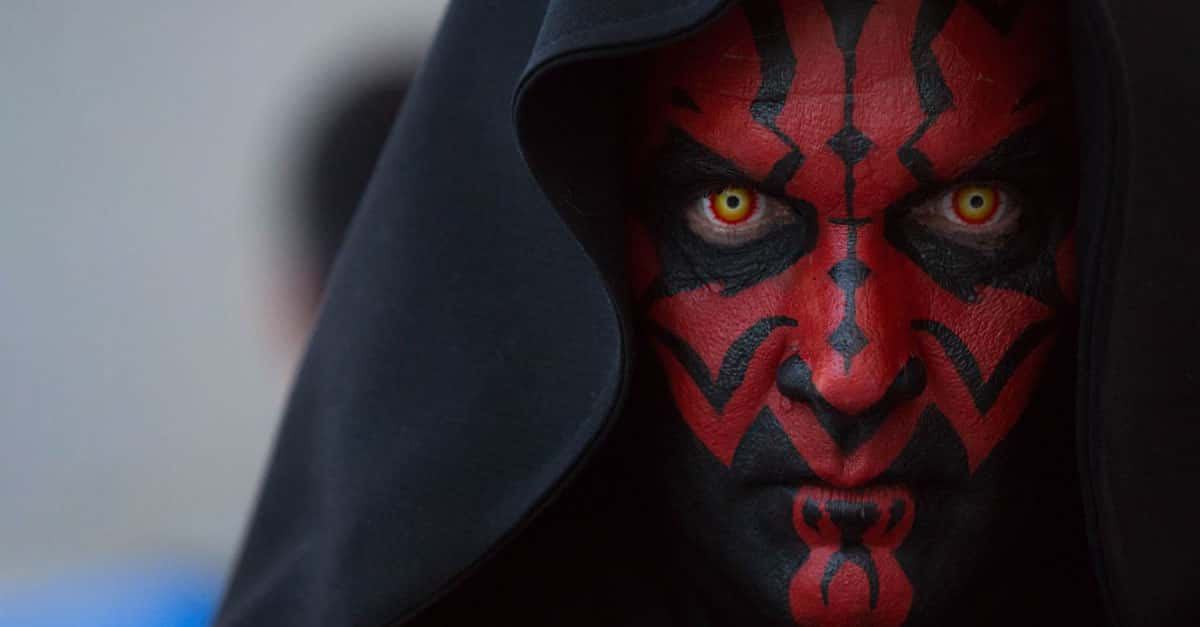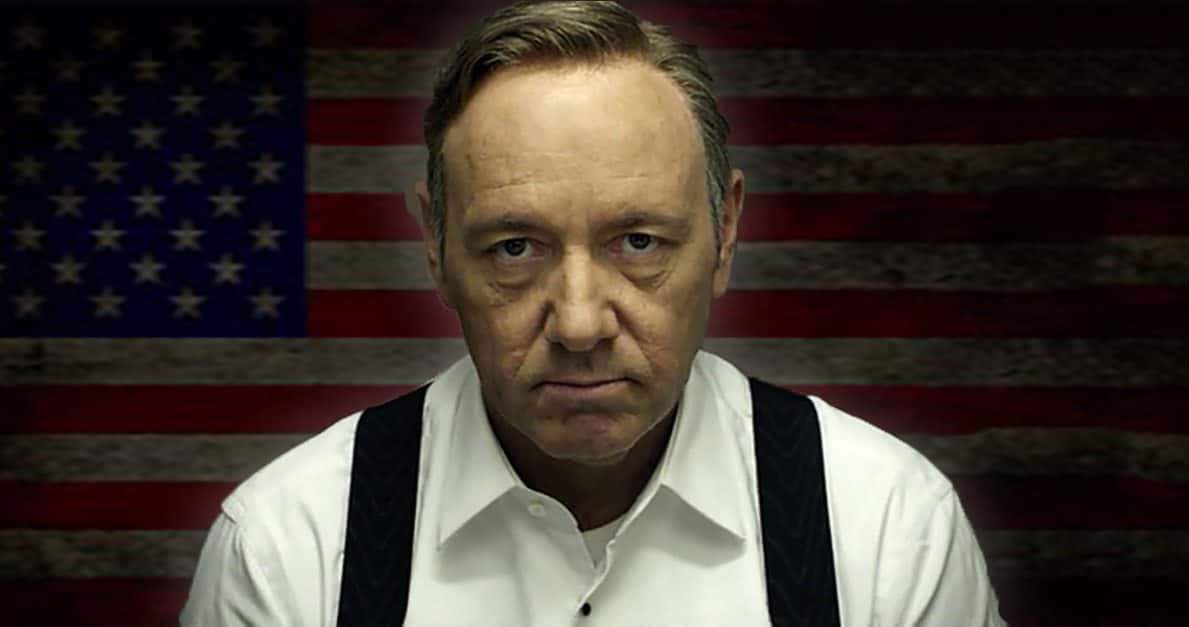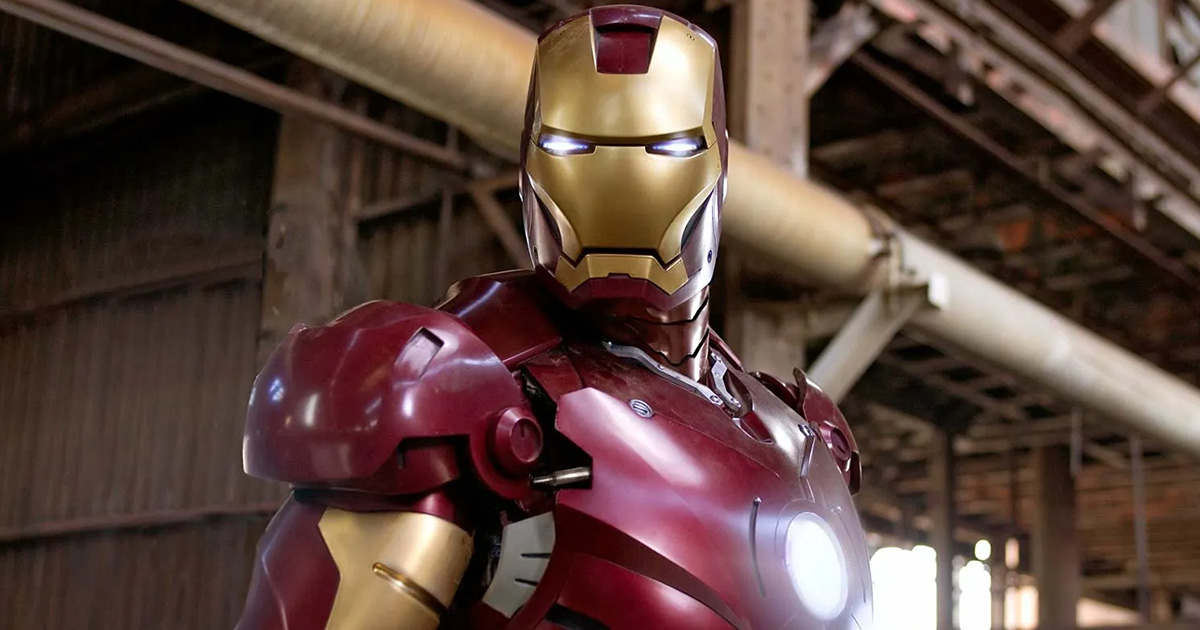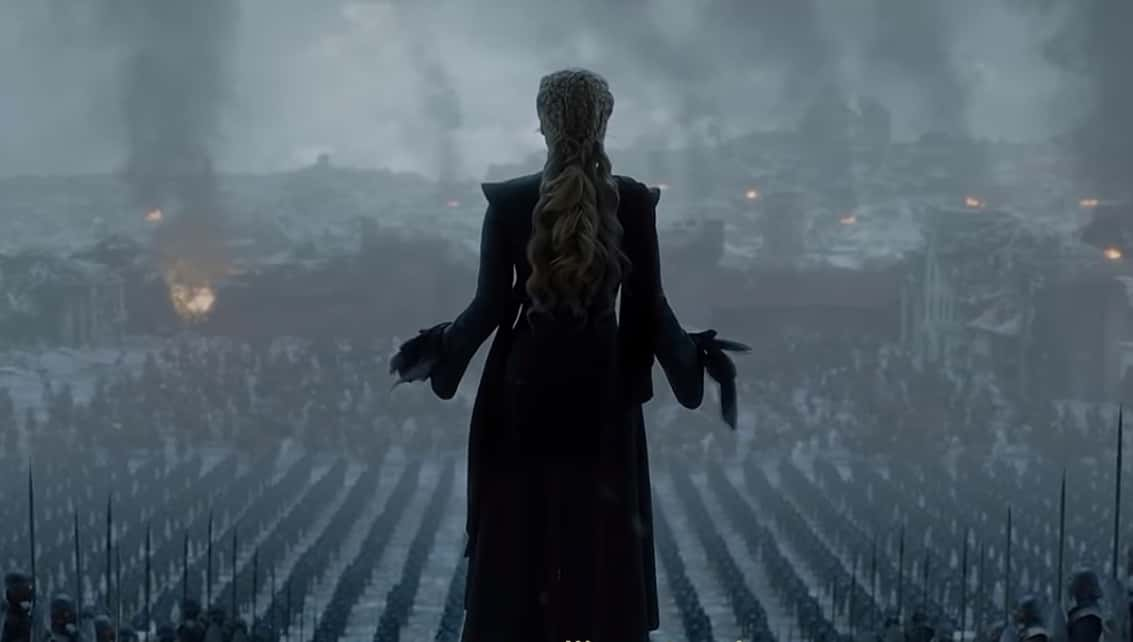Beyond The Trailer
Previews set expectations, and marketing plays a role in deciding a movie’s future. The first 12 in this list explore how flashy trailers fell flat on the big screen, while the other 13 spotlight movies that outperformed their teasers.

The Last Airbender (2010)
Fans were upset by whitewashed casting and big plot changes, but what really topped it off were stiff acting along with a slow story. Director M Night Shyamalan later claimed the movie’s tone was misunderstood, despite a trailer that teased magical battles and a huge adventure.
 Paramount Pictures, The Last Airbender (2010)
Paramount Pictures, The Last Airbender (2010)
Suicide Squad (2016)
Director David Ayer said the final cut of the movie did not reflect his vision, a point echoed by critics who gave it 26% for its messy story and uneven tone. Joker’s heavily teased role lasted under ten minutes, despite a trailer blasting Queen’s “Bohemian Rhapsody” that promised wild fun.
 Warner Bros, Suicide Squad (2016)
Warner Bros, Suicide Squad (2016)
The Snowman (2017)
The preview promised a tense hunt for a serial killer with Michael Fassbender. Yet 10–15% of the script wasn’t even filmed, which left confusing gaps. Viewers felt lost, the movie scored just 7%, and it became one of the worst thrillers in the entire decade.
 Universal Pictures, The Snowman (2017)
Universal Pictures, The Snowman (2017)
The Happening (2008)
Marketed with an eerie atmosphere and world-ending stakes, the trailer built intrigue. In the theatres, though, audiences found the dialogue awkward and the plot unbelievable, to which director Shyamalan later responded by saying that it was meant to be a low-budget, intentionally campy “B-movie”.
 20th Century Studios, The Happening (2008)
20th Century Studios, The Happening (2008)
Sucker Punch (2011)
Epic fights with samurai and robots filled the trailer with excitement. However, the movie’s story proved challenging to follow, and its message felt unclear. Some people debated its portrayal of female empowerment, and even heavy marketing could not make it profitable enough.
 Warner Bros, Sucker Punch (2011)
Warner Bros, Sucker Punch (2011)
Green Lantern (2011)
Critics gave it 25% after finding the story weak and the visuals dominated by excessive CGI. Fans later called it a “massive misfire”, and sequels were scrapped, despite previews that promised thrilling space adventures and an exciting superhero origin.
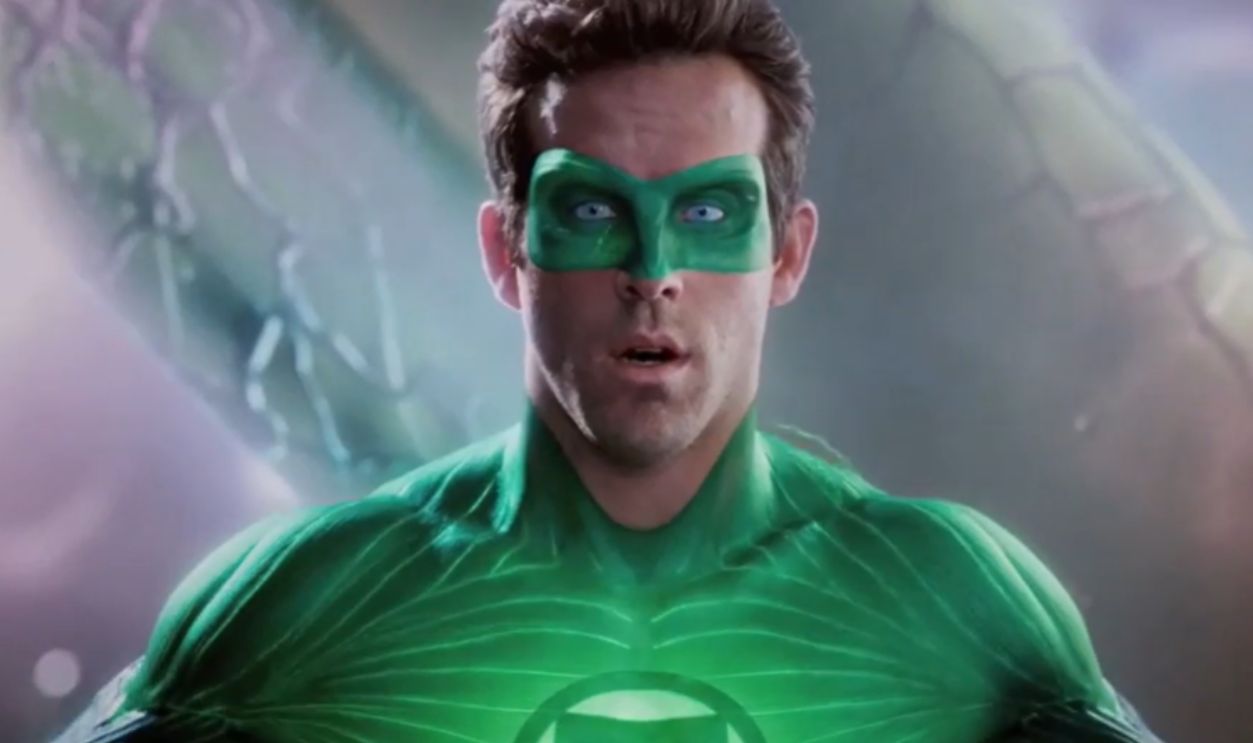 Warner Bros, Green Lantern (2011)
Warner Bros, Green Lantern (2011)
Fantastic Four (2015)
The trailer hinted at a darker, more serious reboot, and the film underwent heavy reshoots as the director openly voiced his unhappiness. Reviewers awarded it only 9%, which explains that it felt choppy and strayed far from the bold story audiences had anticipated.
 20th Century Studios, Fantastic Four (2015)
20th Century Studios, Fantastic Four (2015)
Max Payne (2008)
Audiences expected a faithful adaptation after the trailer’s moody visuals and game-accurate tone drew them in. But some plot changes were confusing and lacked emotional depth. Even the lead actor, Mark Wahlberg, eventually distanced himself from the project.
 20th Century Studios, Max Payne (2008)
20th Century Studios, Max Payne (2008)
Ghostbusters (2016)
Viewers scored it far lower than the 74% given by critics, a show of a big gap in opinion. Many fans were upset about rebooting a beloved franchise, so although the acting got praise, the trailer became the most disliked on YouTube at the time.
 Sony Pictures Releasing, Ghostbusters (2016)
Sony Pictures Releasing, Ghostbusters (2016)
Jupiter Ascending (2015)
A dazzling preview promised rich worlds and stunning visuals, yet dialogue and character motives drew heavy criticism after its release. Actress Mila Kunis, who played the lead role, admitted that she didn’t even understand the plot, and the film’s 28% score captured the widespread viewer confusion.
 Warner Bros, Jupiter Ascending (2015)
Warner Bros, Jupiter Ascending (2015)
Terminator Salvation (2009)
The trailer promised an intense war set after Judgment Day, which hinted at deep emotional stakes. However, the film barely explored its characters, leading to a 33% score. Actor Christian Bale’s famous on-set rant grabbed more headlines than the movie, and fans disliked the shift toward a flatter, less engaging tone.
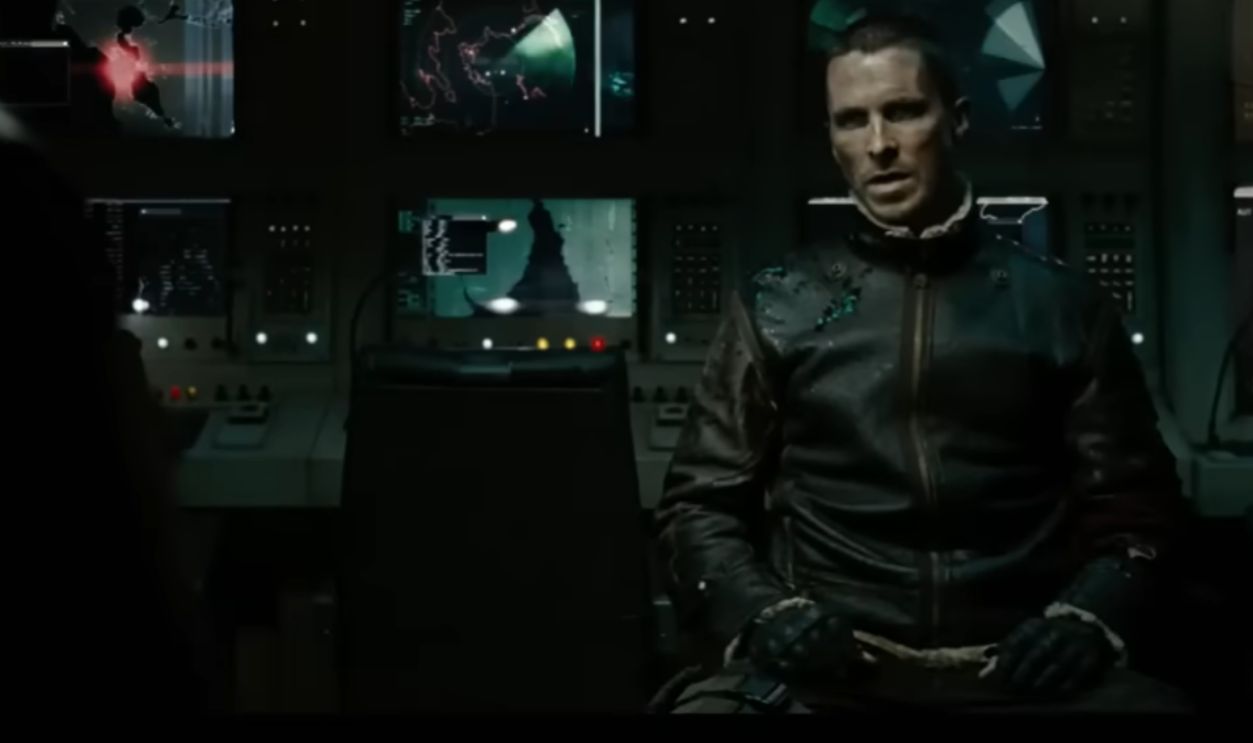 Warner Bros, Terminator Salvation (2009)
Warner Bros, Terminator Salvation (2009)
The Cloverfield Paradox (2018)
A surprise Super Bowl trailer promised an instant Netflix release and suggested a thrilling addition to the first two Cloverfield films. However, the story barely connected to them. It was riddled with plot holes that were covered well by the movie’s flashy marketing.
 Netflix, The Cloverfield Paradox (2018)
Netflix, The Cloverfield Paradox (2018)
Drive (2011)
Let’s now shift into films that soared beyond modest previews by starting with one that caught everyone off guard. Ryan Gosling’s cool, quiet performance gained cult admiration, supported by stylish direction in this slow-burning neo-noir. Praised for its direction and music, it holds a 93% Rotten Tomatoes score.
Frozen (2013)
A playful teaser featuring Olaf and Sven hid the film’s real story. The full movie brought emotional depth and stunning animation to become the highest-grossing animated film of its time. With an 89% Rotten Tomatoes score, it also won an Oscar for “Let It Go”.
 Walt Disney Pictures, Frozen (2013)
Walt Disney Pictures, Frozen (2013)
Bridge To Terabithia (2007)
Audiences discovered themes of friendship and loss at the heart of the story, which earned it an 85% Rotten Tomatoes score for emotional maturity. The trailer’s magical creatures hinted at light fantasy, yet the unexpected tragedy left a powerful mark on viewers, young and old.
 Walt Disney Pictures, Bridge To Terabithia (2007)
Walt Disney Pictures, Bridge To Terabithia (2007)
The Iron Giant (1999)
Marketed as a light-hearted kids’ adventure, the film instead tackled Cold War fears and themes of sacrifice. Though it underperformed at the box office, its heartfelt story and 96% Rotten Tomatoes score helped it gain cult classic status in the years that followed.
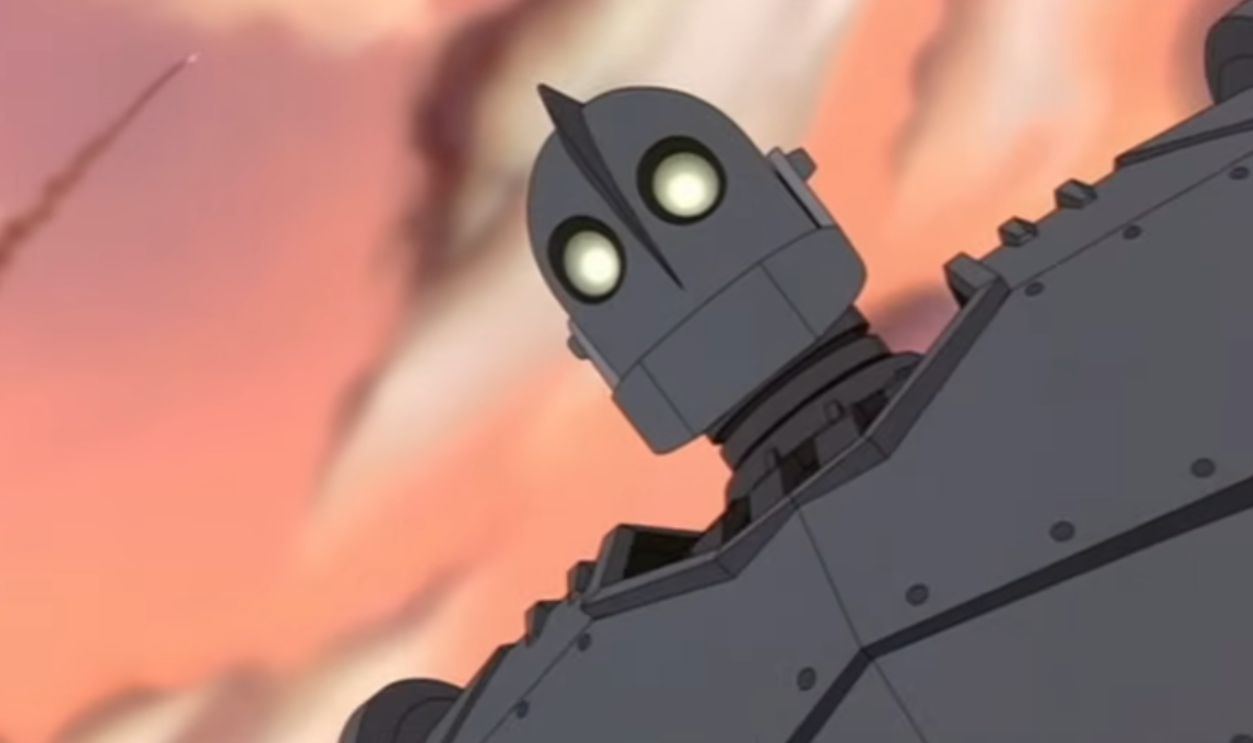 Warner Bros, The Iron Giant (1999)
Warner Bros, The Iron Giant (1999)
Eternal Sunshine Of The Spotless Mind (2004)
Michel Gondry’s direction and Charlie Kaufman’s script crafted a melancholic, mind-bending sci-fi drama about memory and heartbreak. However, the teaser pitched it as a quirky romantic comedy with Jim Carrey. Despite that mismatch, the film won Best Original Screenplay and became a defining work of the 2000s.
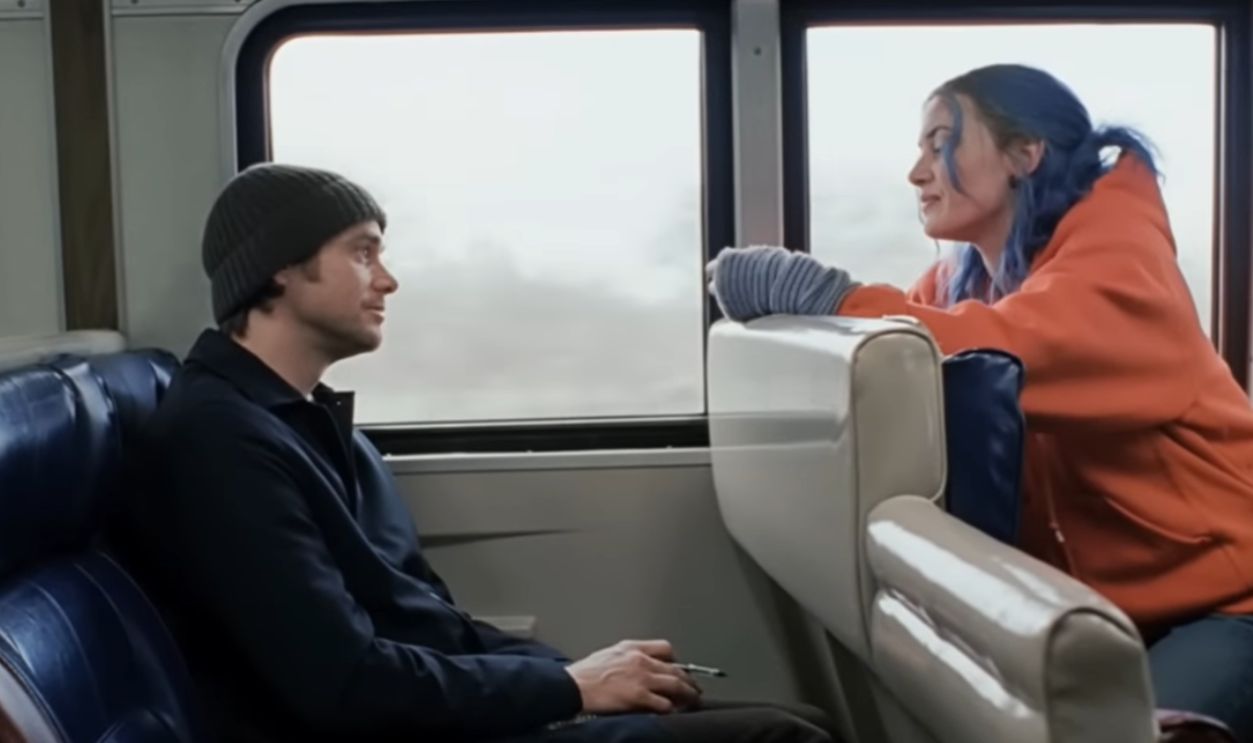 Universal Pictures, Eternal Sunshine Of The Spotless Mind (2004)
Universal Pictures, Eternal Sunshine Of The Spotless Mind (2004)
Stranger Than Fiction (2006)
The preview played up Will Ferrell’s comedy chops, but the movie revealed a thoughtful story about fate and creativity. Ferrell’s dramatic turn surprised many and, along with the film’s originality, earned it a 73% Rotten Tomatoes score from critics.
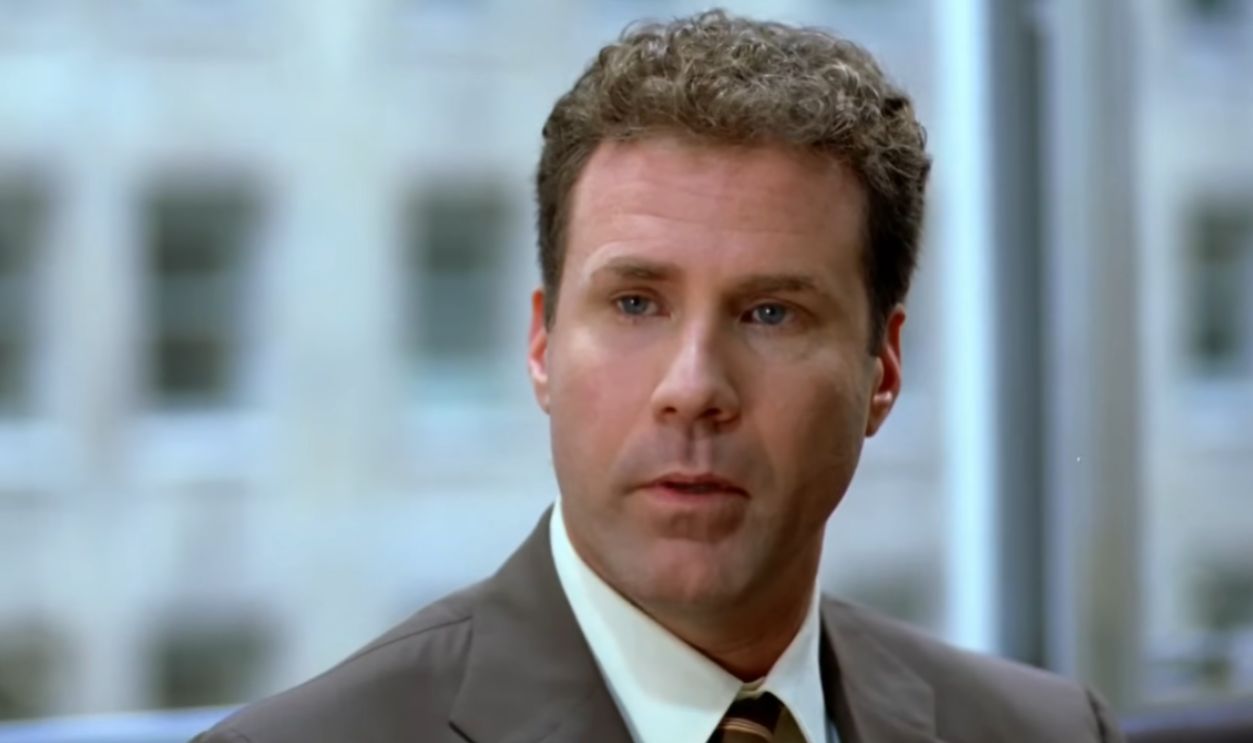 Columbia Pictures, Stranger Than Fiction (2006)
Columbia Pictures, Stranger Than Fiction (2006)
Pan’s Labyrinth (2006)
Beauty and brutality intertwine in a story set during the Spanish Civil War. The trailer’s focus on fantastical creatures hid this darker core, which later became a key reason the film is celebrated as a modern masterpiece, and also why it won three Oscars, including one for Best Cinematography.
 Warner Bros, Pan’s Labyrinth (2006)
Warner Bros, Pan’s Labyrinth (2006)
Atonement (2007)
Its trailer hinted at an elegant historical romance, but the film revealed a complex story with nonlinear timelines and moral ambiguity. The Dunkirk tracking shot—a single unbroken scene of soldiers on a World War II beach—has become iconic in film studies.
 Universal Pictures, Atonement (2007)
Universal Pictures, Atonement (2007)
The Grey (2011)
A preview of Liam Neeson battling wolves suggested pure action, yet the film explored survival and human fragility. Praised for its emotional weight, it scored 80% on Rotten Tomatoes, and its ambiguous final scene kept audiences debating long after the credits rolled.
 Open Road Films, The Grey (2011)
Open Road Films, The Grey (2011)
Edge Of Tomorrow (2014)
Emily Blunt’s performance shone, and the film surprised with a sharp time-loop twist and clever humor. The movie was good, but it was held back by the title changes and the fact that the trailer sold it as a standard sci-fi action romp with Tom Cruise leading explosions.
 Warner Bros, Edge Of Tomorrow (2014)
Warner Bros, Edge Of Tomorrow (2014)
The Iron Claw (2023)
A trailer filled with wrestling legacy and athletic spectacle concealed a deeply emotional story about family tragedy and mental health. Zac Efron’s standout performance drew critical acclaim, and its 89% Rotten Tomatoes score reflected praise for its heartfelt depth and moving portrayal.
Cast Away (2000)
The story about a man stranded alone on an island felt powerful because it showed deep loneliness, and Tom Hanks acted it so well. Test audiences influenced the trailer to spoil the ending by showing him return home, but it still earned an 88% Rotten Tomatoes score.
 20th Century Studios, Cast Away (2000)
20th Century Studios, Cast Away (2000)
Children Of Men (2006)
Marketed as a bleak dystopian thriller with slow pacing and unclear stakes, the trailer for Children of Men failed to capture its brilliance. Alfonso Cuaron delivered gripping single-shot sequences and deeply human themes, which earned it lasting praise as one of modern sci-fi’s greatest achievements.
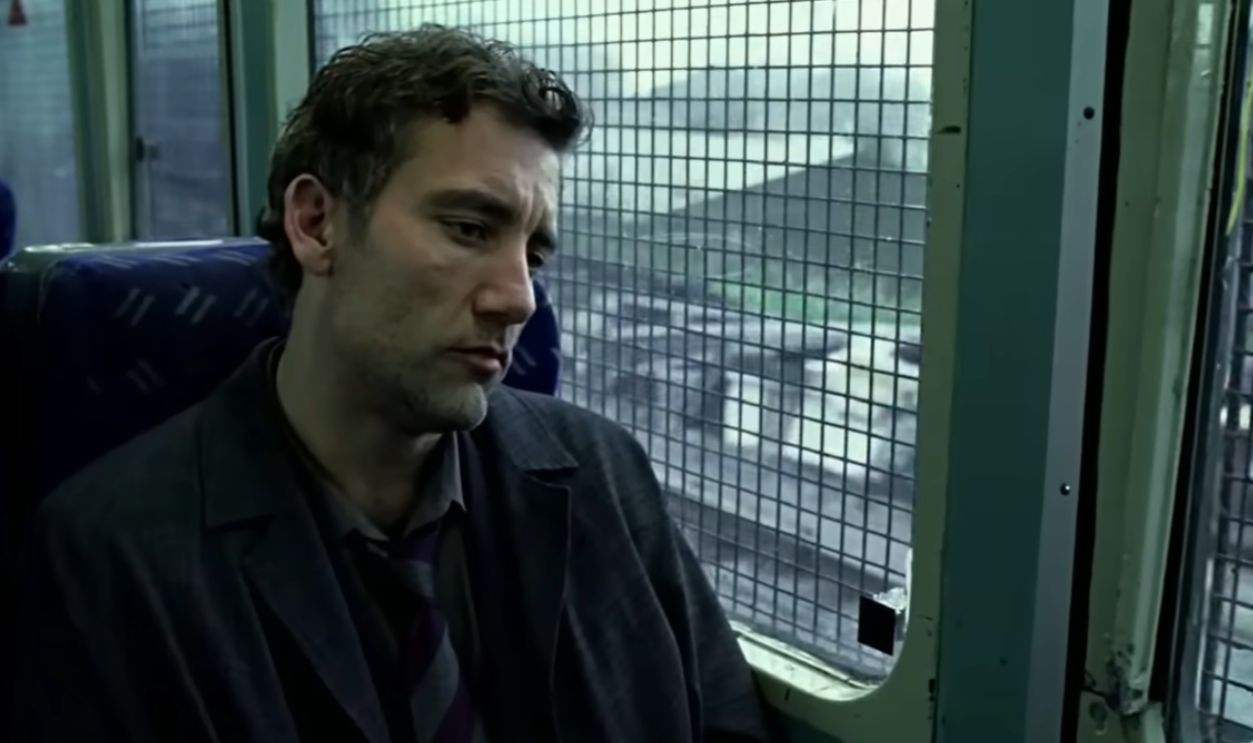 Universal Pictures, Children Of Men (2006)
Universal Pictures, Children Of Men (2006)

